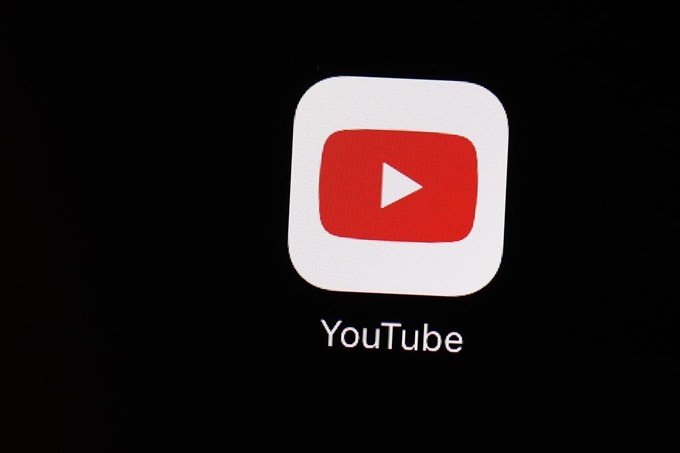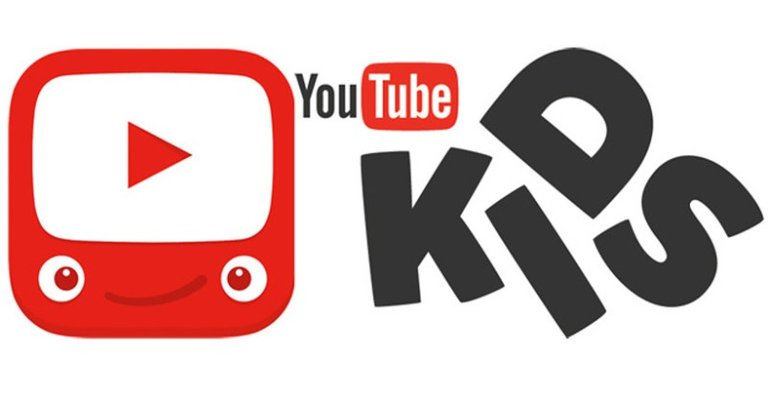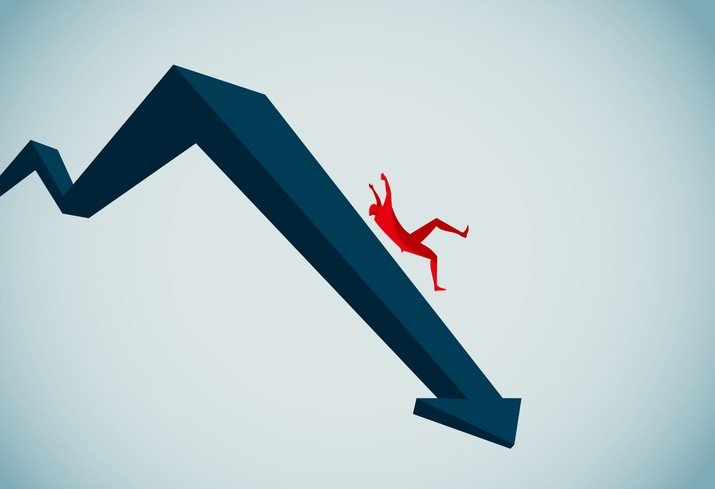Children's YouTube video forecasts a sharp drop in advertising revenue ... why?
Strong regulation is introduced in YouTube channels for children. YouTube content and channels designed for children should be labeled with the official label "for children." In addition, it is impossible to collect data such as personal information that is the basis of personalized advertising. Custom ads are virtually impossible, and the profits of YouTube ads will plummet.

According to IT media, including The Burgh, YouTube recently announced plans to add "marks" to viewers' video content for children. The content is blocked from collecting data such as personal information of all viewers. The comment window and the 'end screen' when the YouTube video ends will also be limited. Comments and end screens are one of the popular features of the YouTube platform. The policy is scheduled to take effect in January next year.
This is a follow-up to an agreement with the US Federal Trade Commission (FTC) that YouTube suspects of violating the COPPA. YouTube has not been able to properly protect children who use video services and has been criticized for improperly collecting personal information from them. US consumer groups and advocacy groups accused YouTube of the FTC, which has been investigating.

The WT reported that the FTC reached a July agreement with YouTube's parent company Google. According to the agreement, the FTC found Google to violate the COPPA, which tracks or prohibits certain activities targeted at users under the age of 13. The FTC is said to have asked Google to come up with a follow-up plan with a massive fine of $ 150- $ 200 million ($ 180-240 billion).
This labeling of children's content seems to be one of the countermeasures of YouTube's agreement. When the children's content is displayed, it is impossible to collect personal information of the child, the main viewer. As data collection is blocked, data-driven 'customized advertising', which is a core business model of Google and YouTube, will be impossible. Instead of custom ads, you can only expose "contextualized ads" that relate to the content itself. This is the background of the analysis that the profits of YouTubers whose customized ads are cut will drop sharply.

ⒸGetty Image Bank
The prohibition of collecting personal information of children is expected to affect various YouTube functions as well as customized advertisements. Dudge predicted that it would be impossible to click through YouTube cards, including comments and end screens, communication tabs, and notifications. A YouTube card means inserting information in the form of a card to link to another homepage or video within the video. Links can include advertisement videos and information that are related to the video or that YouTubers want to promote.
If the regulations are not followed properly, the responsibility rests entirely with the content creator YouTuber. If the video doesn't have an indication that it's a child, the FTC can sue the YouTube channel owner. Content creators, not YouTube, should be sued. According to the FTC's agreement with YouTube, YouTube's responsibility is simply to maintain the system and update ongoing data.

ⒸGetty Image Bank
The problem is that it is difficult for YouTubers to properly distinguish the images that are 'children'. In the case of a kids channel that uploads videos to children from the beginning, it is easy to distinguish 'children' content. However, it is not easy to figure out at what level the content for children should be marked with children's content. Game review videos, family V-logs, and toy reviews are also ambiguous. The category content is viewed on YouTube.
YouTube hasn't made it clear what channel owners should mark and when. "We can't determine whether the content is aimed at children," he said. "The decision is up to you (youtubers) to consider these factors." YouTube has asked you to consult with a lawyer if you need help deciding whether your content is intended for children.

ⒸGetty Image Bank
In the end, judgment depends on YouTube and the FTC. If the YouTuber cannot identify the content on its own, the FTC comes out. However, the FTC is known to lack the manpower to find the video in question and categorize the content for children. In other words, even the FTC, which knows which content violates the COPPA, is heavy. Even Joe Simmons, the president of FTC, is said to be asking for an additional budget to address the staff shortage.

ⒸGetty Image Bank
Most of YouTube's service nations, including South Korea, will be affected by changes in the US-based YouTube policy. It seems urgent to prepare a response for a channel operator or a YouTuber who produces content for children. However, it is unknown whether the Korean authorities take the method of directly suing the YouTube channel owner like the FTC.